Earlier this month the Wigmore Hall was sold out for a Schubert recital by a concert pianist whose only solo recordings consist of two volumes of the Mozart piano sonatas. That would be understandable if he were 23 years old and the next big thing. But he’s 65. Though he may indeed be the next big thing.
Christian Blackshaw started big, faded into obscurity, then burst back at around the time he qualified for Boris’s Freedom Pass. Whether he owns one I can’t say. I wouldn’t dare ask, since he can be a bit prickly. In fact, he’ll probably take offence at that, so let’s note immediately that he doesn’t look his age. He has the features of a matinee idol and the swept-back silver hairstyle that Beethoven would have sported if he’d owned a comb. Actually, LvB was proud of his mane and insisted that painters depict him with a romantically dishevelled ‘do’. But I digress.
Blackshaw was born in Cheshire and educated at The King’s School, Macclesfield, though his northern accent has gone the way of Joan Bakewell’s. He studied at the Royal Northern College of Music, the Royal Academy of Music and the St Petersburg Conservatory, whose graduates include Prokofiev, Shostakovich, Heifetz and Gergiev. He attracted the attention of his pianistic hero Clifford Curzon, who invited him to his home to play for him and discuss Mozart and Schubert.
That in itself is extraordinary. Curzon was the finest interpreter of those two composers that these islands have ever produced and famously hard to please. What did he hear in Blackshaw’s playing? Perhaps it was his supreme control of dynamics: pianissimo whispers so soft that it’s hard to believe that any mechanical action has occurred; it’s as if all he has to do is look at the key. Plus —and this would have been very important to Sir Clifford — the absence of what the Penguin Guide disapprovingly calls ‘expressive point-making’.
So what went wrong? Something horrible. His wife died of cancer in 1990, leaving him with three young daughters to bring up. He couldn’t afford childcare, so an international career was put on hold. (It’s worth saying that many pianists would have put their children second.)
But in a sense it was already on hold, because Blackshaw had turned down offers from major record companies. One was to perform Rachmaninov’s Second Piano Concerto. ‘I was moving away from that kind of repertoire and the catalogue was already saturated with performances of it,’ he explains. The other was to record a live performance of Schumann’s Fantasy in C, surely the perfect canvas for his tonal palette. Blackshaw doesn’t name the label but his website refers to a ‘German contract’ so you can guess. Why on earth did he say no?
‘My reaction was, thanks, I’m flattered, but I can’t fully illuminate something I’ve only been playing for a year, something as great as that,’ he says. Blackshaw is a perfectionist with a reverence for the composer that verges on the crippling. His elegant, impassive bearing fails to conceal his anxiety. ‘I have a vision of what a great piece is. The second movement of K570 [Mozart’s Piano Sonata No. 17 in B flat] is a hymn of praise to nature, heart-rending in its simplicity. But to be able to sing these beautiful melodies you have to work ten hours a day on two phrases, putting yourself through torture in order to be free.’
Blackshaw only stepped up his performing in middle age once he’d come to terms with falling short of his Platonic ideal. As he puts it, ‘you have to say to yourself: perhaps we’ll get closer tonight and if not, I’m sorry, audience, maybe next time.’ But if you want to be present ‘next time’ you’d better book early. To cut a long story short, Blackshaw gave a cycle of the Mozart sonatas in Bristol that revealed the ‘singing soul’ that he thinks all pianists must possess. The Wigmore invited him to perform the cycle with the microphones on: the first two volumes constitute his entire solo recorded legacy to date and they’re so good that if he retired tomorrow he would never be forgotten.
The classical music world is bitchy, and some colleagues dismiss Blackshaw as the Harry Styles of ladies who lunch. It’s true that the audience for his Schubert recital was posher, more female, less Jewish and less gay than a typical Wigmore crowd. Yet at no point during his intense, private traversal of the last three sonatas did he play to the gallery. He even had the lights dimmed to distract attention from himself. It meant that none of us could read our programmes. But Clifford Curzon would surely have approved.
Got something to add? Join the discussion and comment below.
Get 10 issues for just $10
Subscribe to The Spectator Australia today for the next 10 magazine issues, plus full online access, for just $10.

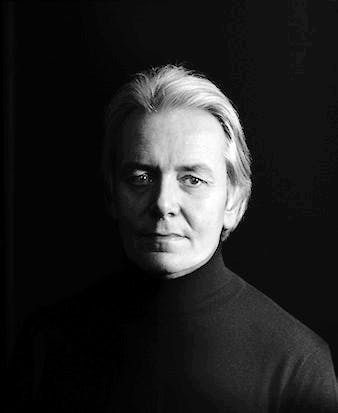
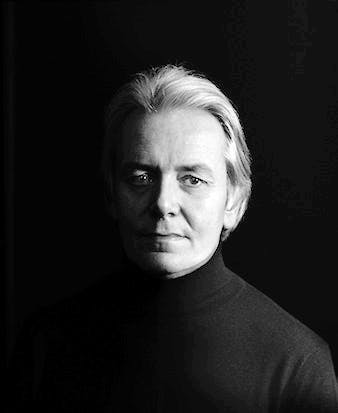

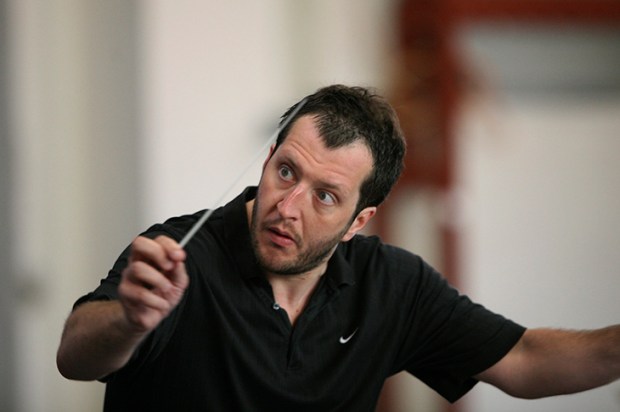
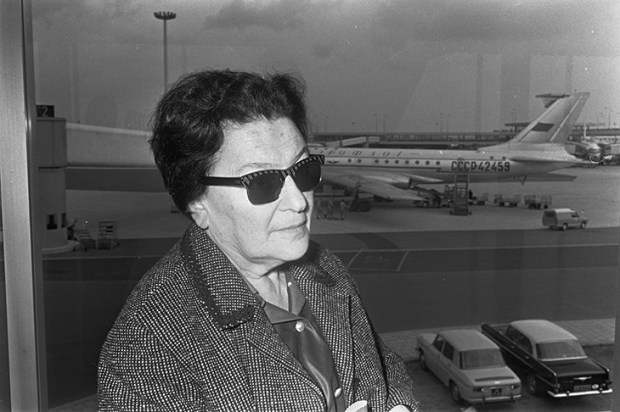
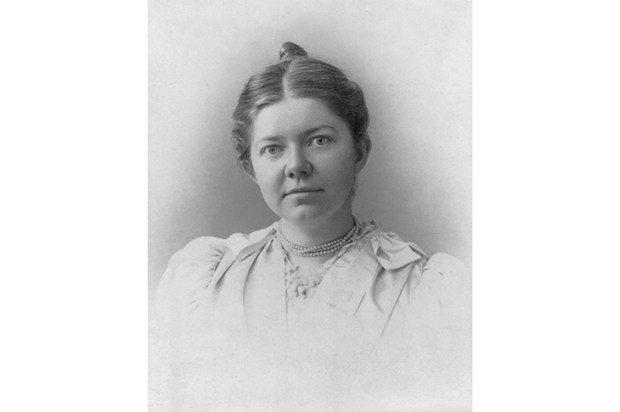
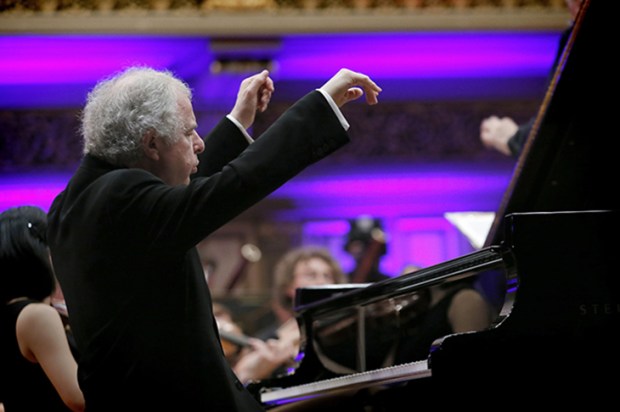






Comments
Don't miss out
Join the conversation with other Spectator Australia readers. Subscribe to leave a comment.
SUBSCRIBEAlready a subscriber? Log in